We were lucky to catch up with Valencia Miller recently and have shared our conversation below.
Alright, Valencia thanks for taking the time to share your stories and insights with us today. What do you think matters most in terms of achieving success?
For me success is the joy of seeing others succeed. Ultimately, when others succeed, then I am successful because of the seeds I planted to help someone else. I believe the key to success is understanding individual purpose in life. My success has been based on an early foundation and value system that helped me to recognize my personal, unique qualities at an early age. Knowing who I am is a vital component to helping me arrive where I am today. Success for me is the gift that keeps on giving.
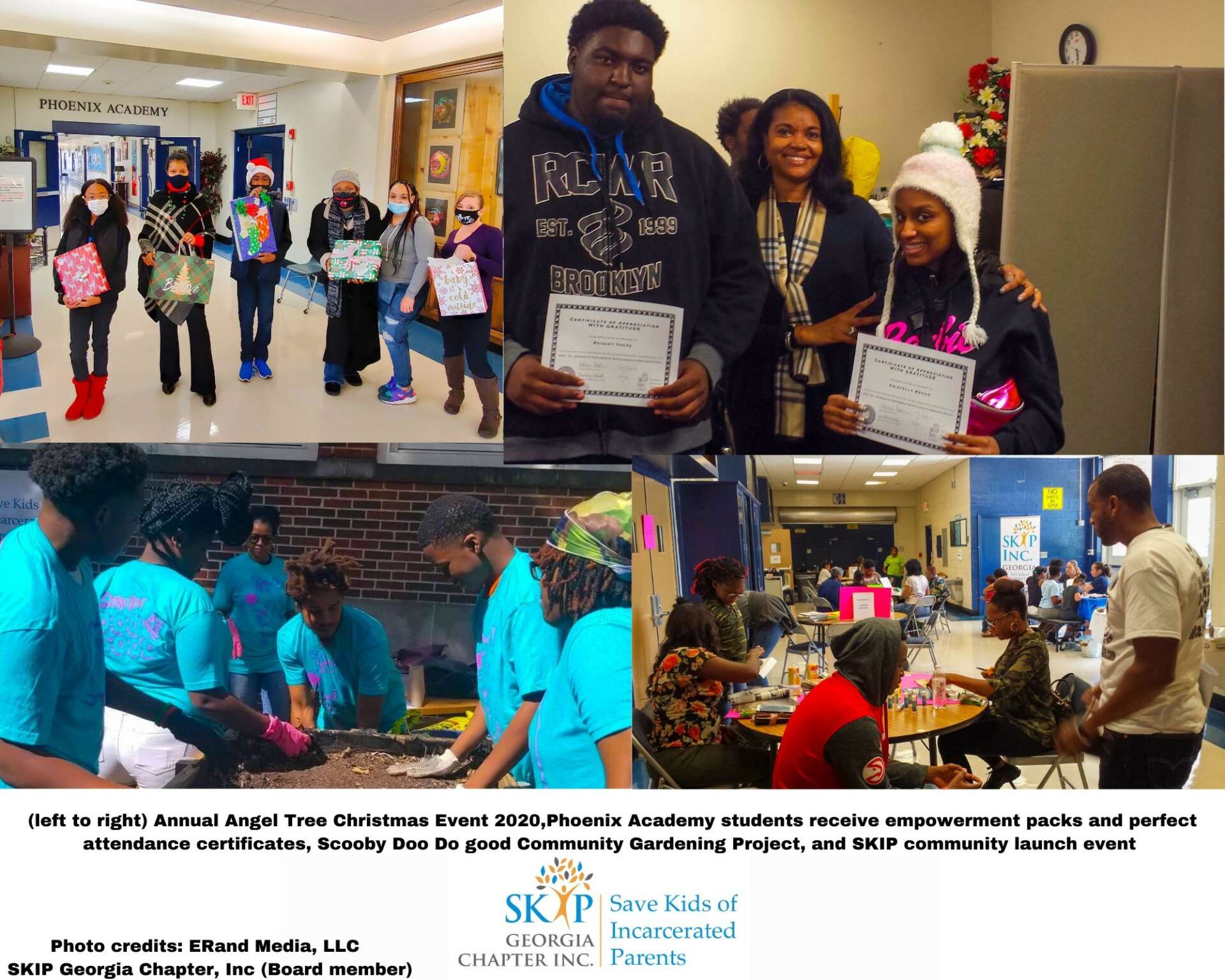
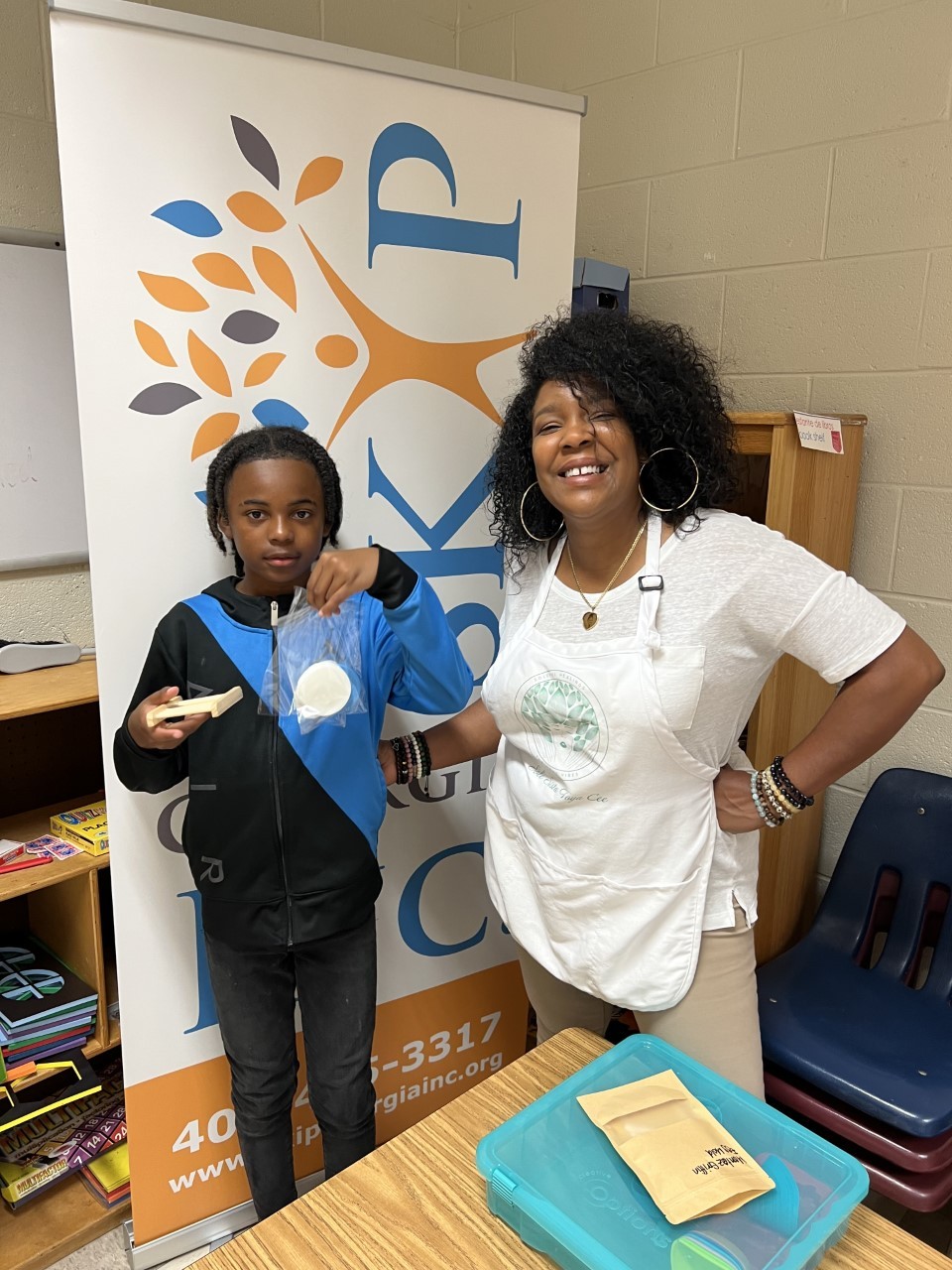
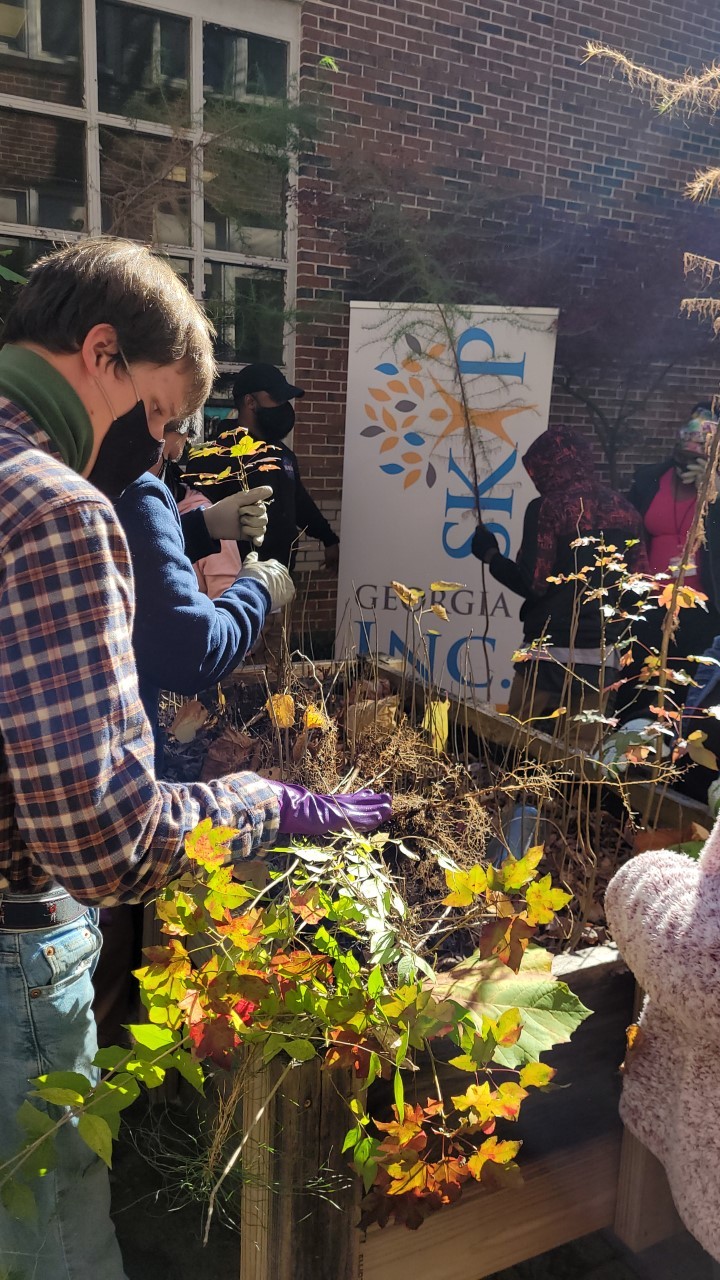
Great, appreciate you sharing that with us. Before we ask you to share more of your insights, can you take a moment to introduce yourself and how you got to where you are today to our readers?
My business is a non-profit, 501(c)(3) organization founded in 2017. The vision of SKIP Georgia was birthed as a result of the most recent work I’ve done for the past eight years in the Reentry and Criminal Justice Reform arenas. While working hand-in-hand with the Judicial Circuits across the state, Parole, Probation Supervision Officers, Corrections and the Superior Court staff, I had an epiphany about the need for children, whose parents are incarcerated, to be saved from the vicious cycle which is evident in families throughout our local communities and across the state. As I worked tirelessly to assure the successful transition of formerly incarcerated adult individuals from the prison pipeline back into the community, I was moved to ask the question: What about their children?
I am now living a dream fulfilled, as the Principal & CEO of SKIP, Georgia Chapter, Inc., (Save Kids of Incarcerated Parents) a non-profit organization whose mission is to break the cycle of generational incarceration. For over 30 years I have worked for various major corporations in executive leadership and management roles. I attribute most of my leadership expertise and training to these challenging and successful stops along my career journey. With an abundance of gratitude, I now realize it was necessary for me to travel this route so I would be equipped and prepared for the much-needed work being accomplished through SKIP Georgia. Our brand represents caring for community. Incarceration is a traumatic experience for children whose parents are consequently removed from their lives. The business of serving community is not so much driven by how much revenue we can generate, but instead, how many youth and families we can serve through available resources. The primary goal of most businesses is to generate revenue in exchange for goods and/or services; but as a non-profit, our goal is to secure, allocate and utilize funding on programmatic and operational needs according to our strategic plan and goals. Leading a nonprofit business is very demanding and requires relentless, continuous research along with identifying funding streams for sustainability to continue the work. We have been very fortunate to receive funding through grants, contributing board members, private donors, foundations, and fundraising events. The absence of a product or goods is what sets us apart from most for-profit businesses because instead of selling, we are serving.
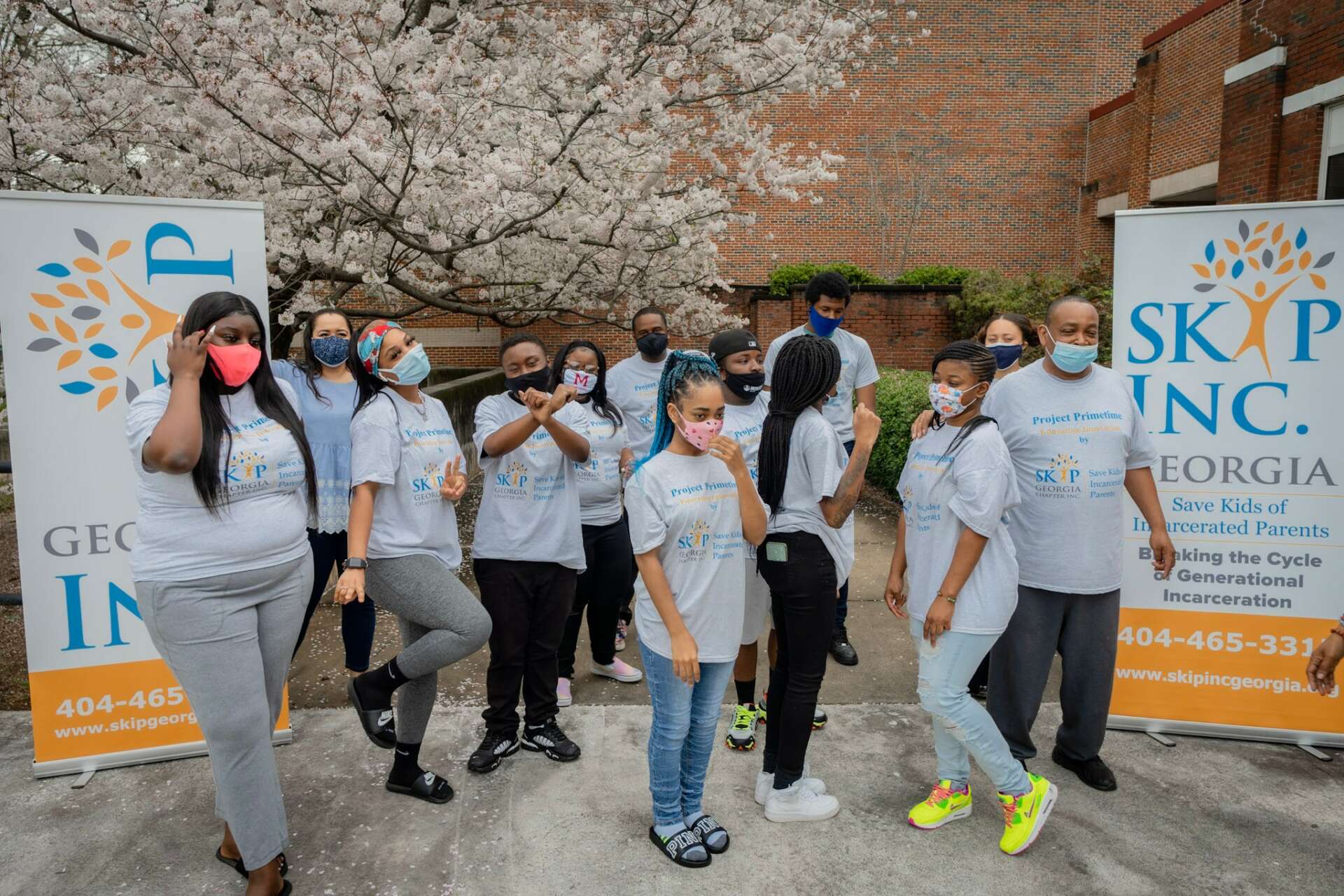
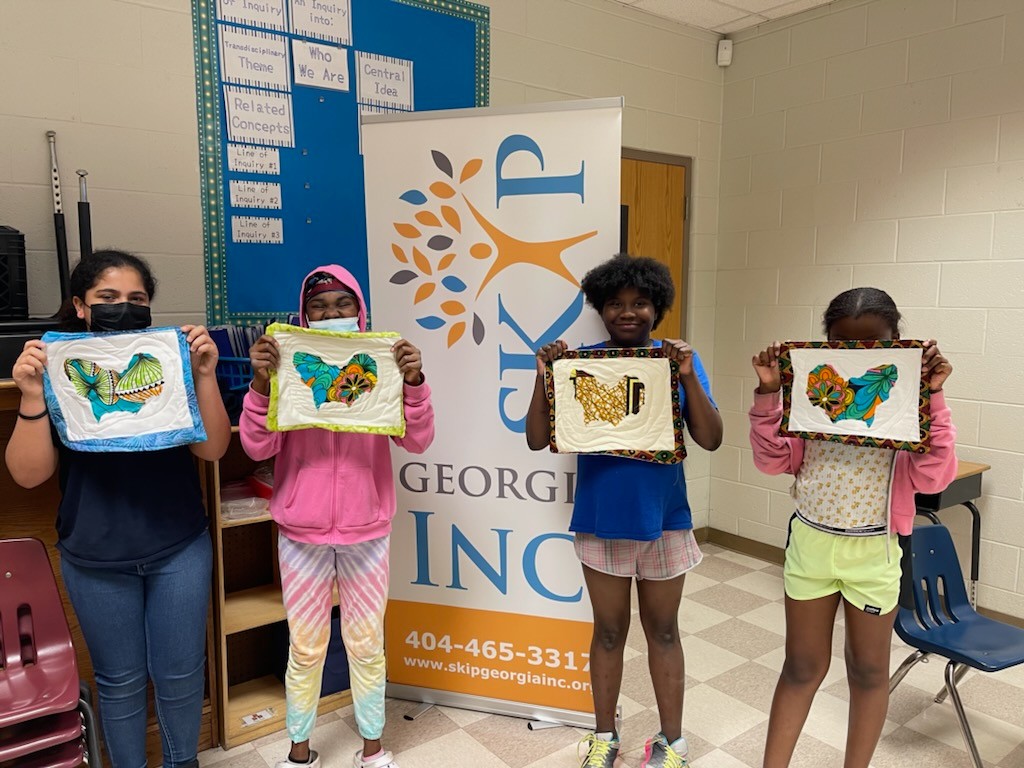
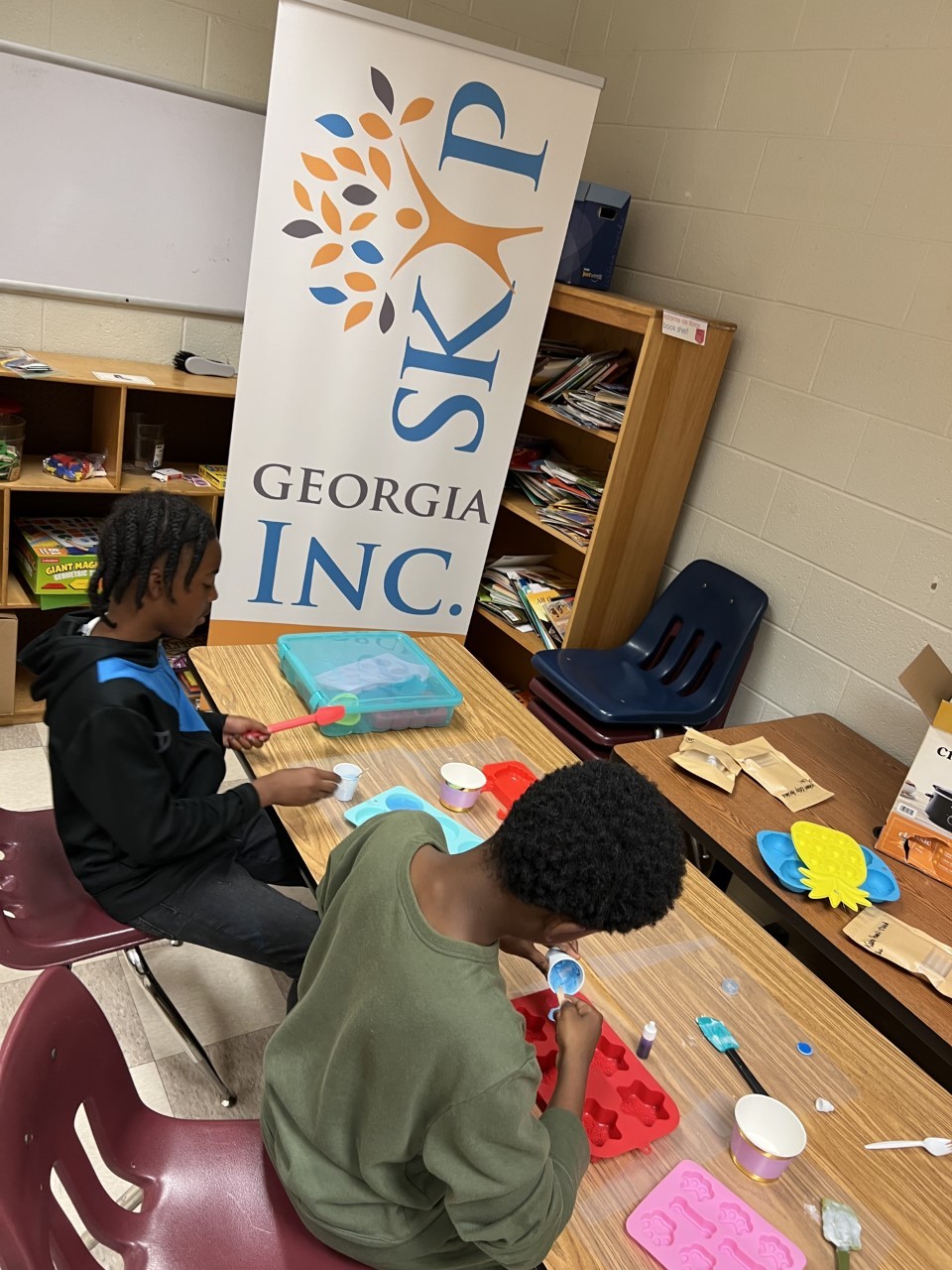
Any stories or insights that might help us understand how you’ve built such a strong reputation?
I will start by sharing some interesting information that supports what we do. Children of incarcerated parents are among some of the most disadvantaged populations experiencing health disparities due to the burden, shame, and stress of incarceration resulting in mental, behavioral, and physical issues. These children are more likely to take on or experience health risks such as teenage pregnancy, poor dietary choices, inadequate physical activity, physical and emotional abuse, substance abuse, and gang involvement, all of which have a significant impact on how well students perform in school. These children without targeted interventions may not learn protective healthy behaviors, have academic success, and live a life of optimal health. According to research only 10% of children of incarcerated parents live in the public welfare programs. This means that the great majority of these children are being raised by a single-parent, grandparents, aunts/uncles, or family members. In addition, the caregivers often face the same stressors; and often times they themselves experience anxiety, depression, substance abuse issues, diabetes, hypertension, etc. making it difficult for them to provide the healthy, stable, and loving parenting that these children need. These parents and caregivers often are the first ones experiencing the impact of the incarceration’s trauma in their children’s lives, whether it is depression or anger, withdrawal or rebellion. Also, these parents and/or caregivers have experienced their own traumas of having a family member incarcerated or even from their own incarceration, all of which making them ill prepared to properly support the needs of the children. If we really want to break generational incarceration, we have to start at the roots by working with the parents and caregivers of children of incarcerated parents. Unfortunately, this population is not likely to seek counseling support on its own due to trust issues, access, and/or financial limitations. For these reasons and more, we provide specialized programmatic and supportive services to under-served children of incarcerated parents and their caregivers, as well as other at-risk youth. We are known for increasing public awareness of the underlying behavioral problems of these children through education, advocacy and research, SKIP Georgia Chapter, is making a difference in the local community,
Now, fast-forward, my reputation within the criminal justice arena across the state of Georgia has certainly been a steppingstone to help build my organization. My Board of Directors is comprised of professional individuals whom I met during my tenure working as a statewide reentry program manager with the State of Georgia. Creating, designing, and building a pilot site program for Fulton County, the largest county in the state, was a major accomplishment that helped me to learn the industry, meet people, and develop an amazing network of resources. When being intentional about the work I was assigned to do, it was a matter of choosing to set a mark by raising the bar to a standard of excellence. Many people have a limited idea of what it means to be a formerly incarcerated person and the impact of the justice system on these lives. Most importantly, the children are impacted by the bad choices their parents may have made. Bringing awareness to the community and engaging stakeholders to become actively involved is what has truly made the difference for me as I have established a professional reputation that represents compassion and caring for people in need.
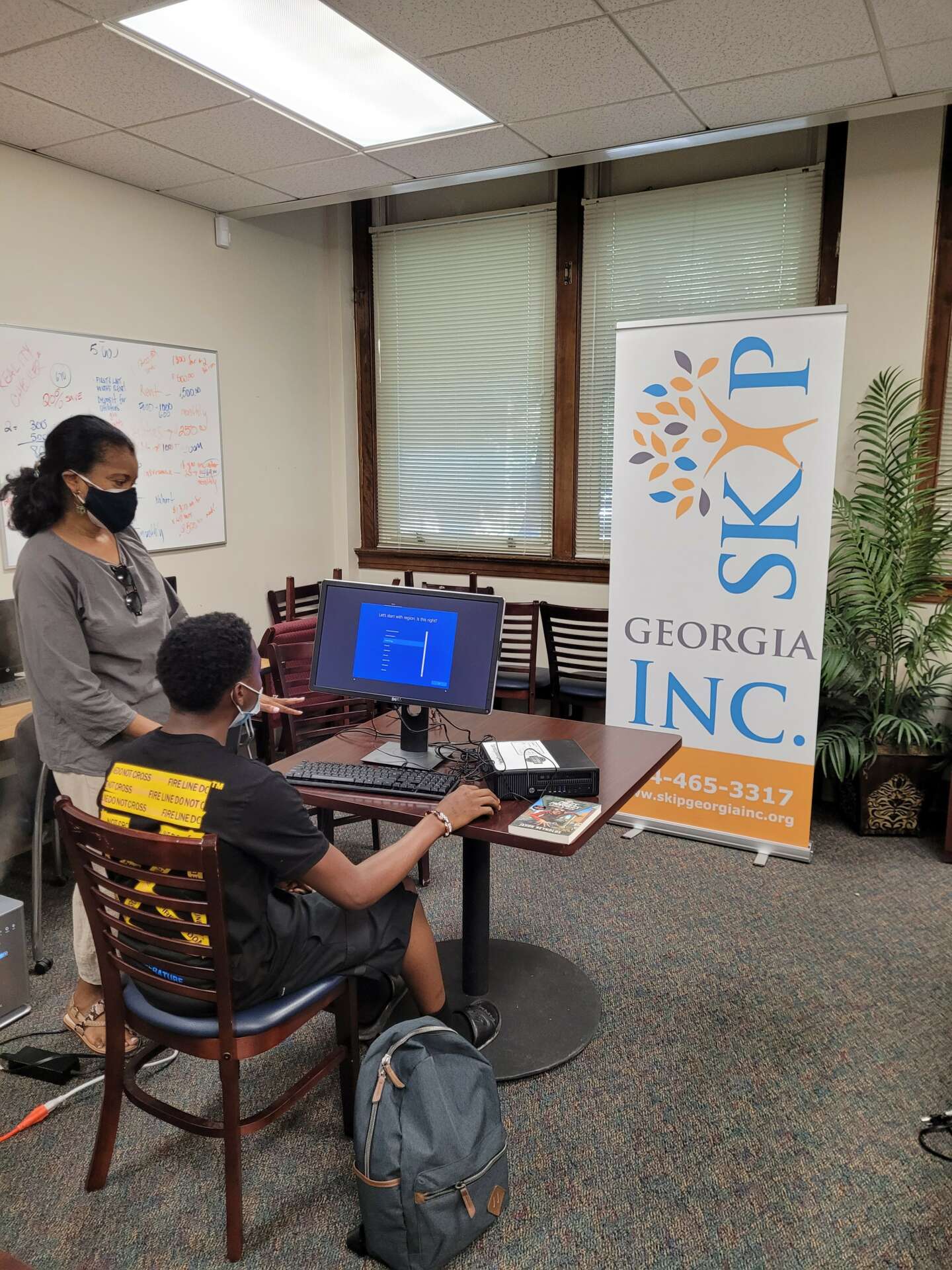
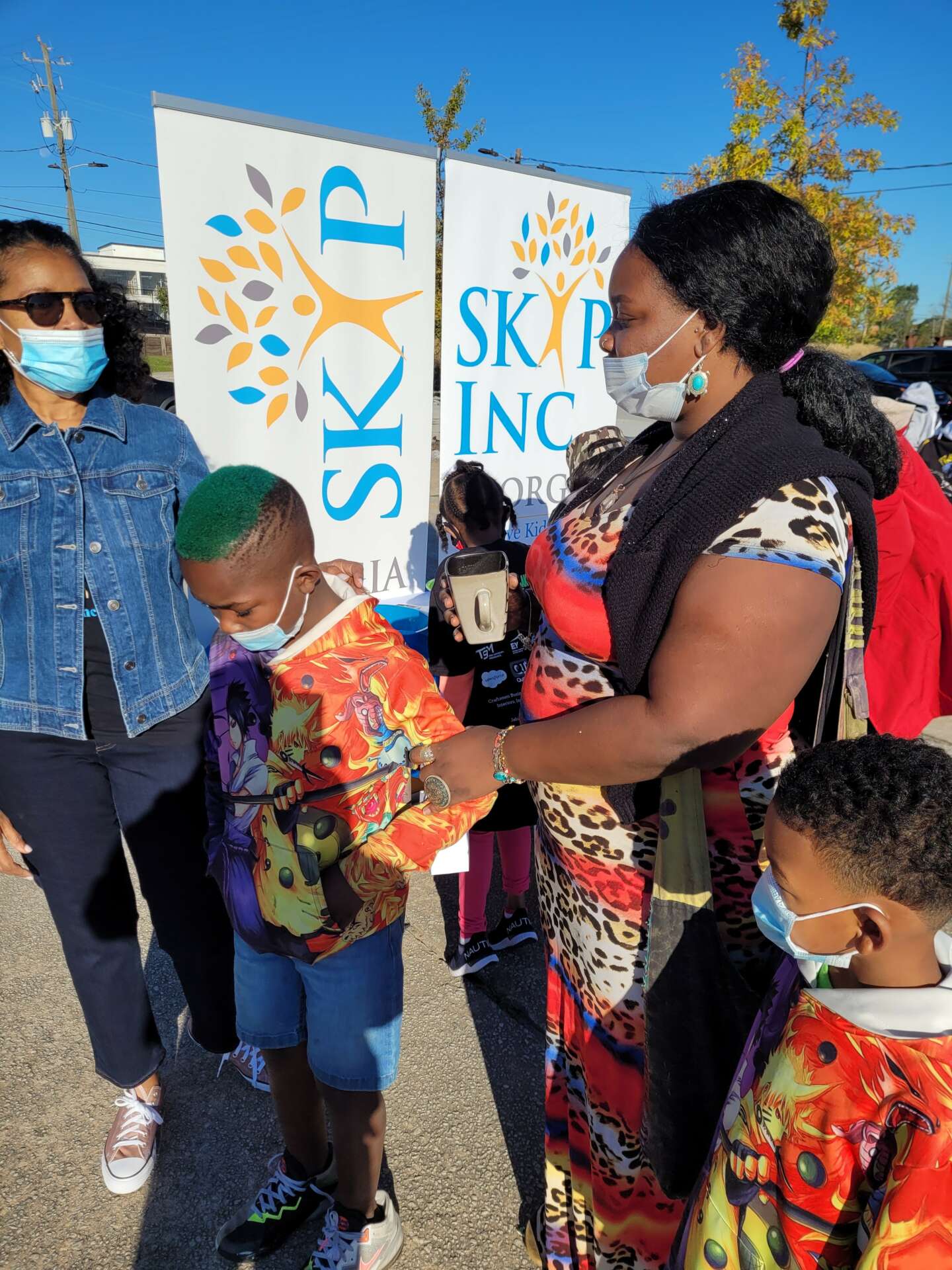
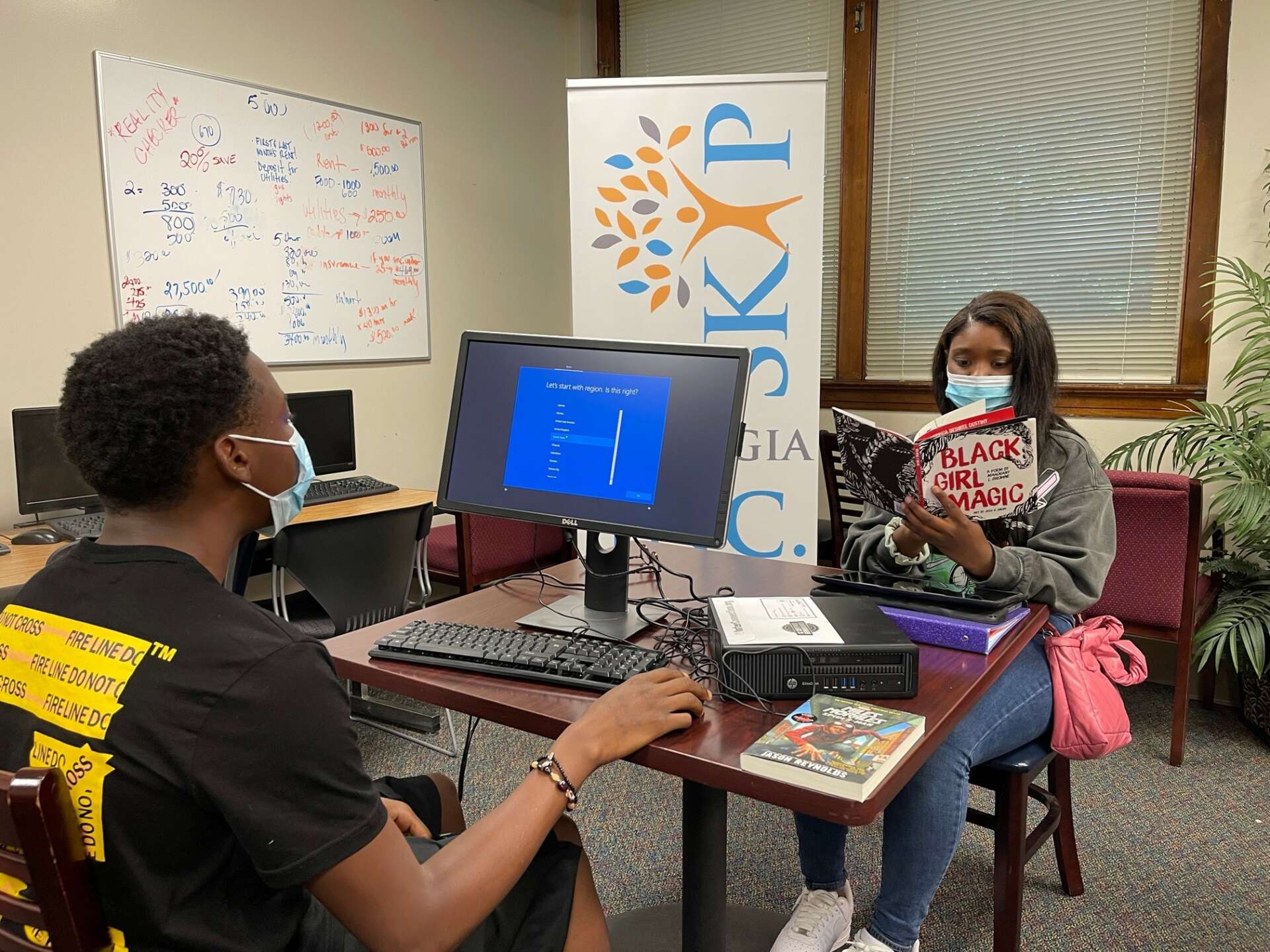
Can you tell us the story behind how you met your business partner?
Through determination to start the business, while still working full-time, I began researching the topic of children impacted by parental incarceration. My efforts resulted in the discovery of an organization located in Hope Hull, AL with a 30-year history of serving children of incarcerated parents, I decided to contact the owner, Gloria Jean Williams and make an introduction. Our conversation revealed remarkable parallels about our backgrounds and passion for at-risk children. I decided to drive to AL for a face-to-face intro visit with Ms. Williams to learn more about her organization, SKIP, Inc. After receiving the most heart-warming and welcoming reception, I was convinced this was the right decision for me. The community of children and caregivers who were present that day, displayed unforgettable hospitality and courtesy as they shared their testimonies of how SKIP, Inc, helped them over the years. After an afternoon of conversation with the children, young adults, and grandparents — not to mention the wonderful spread of delicious southern food, I instantly decided and offered to join the organization as owner and Executive Director of the Georgia Chapter. Since that time, SKIP Georgia Chapter Inc has created a separate 501(c)(3) entity and design of our own framework for serving and meeting the needs of the metro-Atlanta community. Initially, SKIP, Inc was recognized as the parent organization. but is now an affiliate organization to SKIP Georgia Chapter, Inc. SKIP, Inc started in 1976 and was based on the research around children of inmates who are in “At Risk” situations. The founder, Ms. Gloria Williams’ vision is to make a remarkable difference in the lives of these children to combat the lack of services available for children of incarcerated parents. Through the implementation of SKIP Georgia children of incarcerated parents across the state continue to receive services and support to counter the cycle of generational incarceration. The Georgia Chapter serves as a model for the AL chapter and its’ divisions.
Contact Info:
Image Credits
Elijah Randall and ERand Media.


